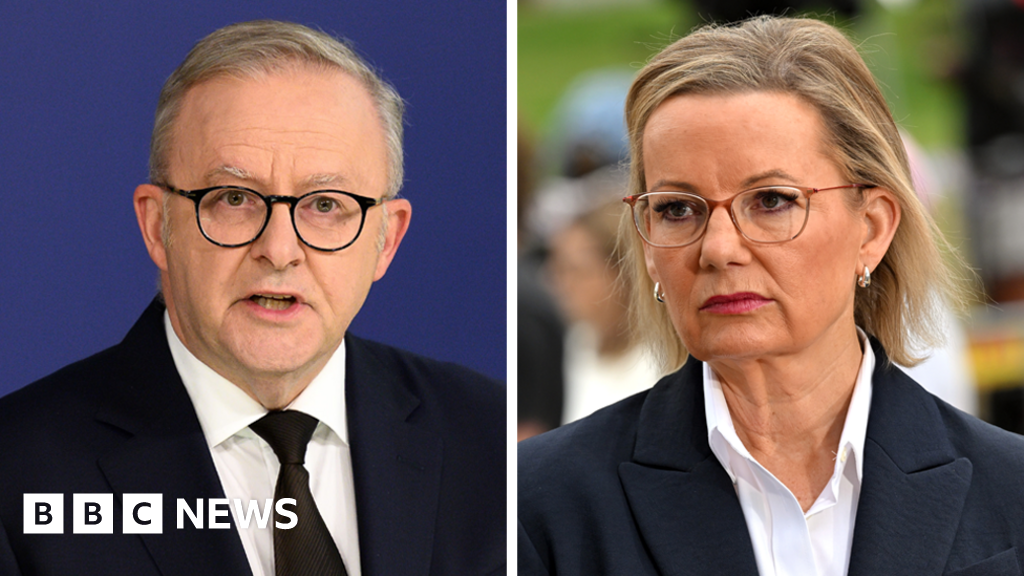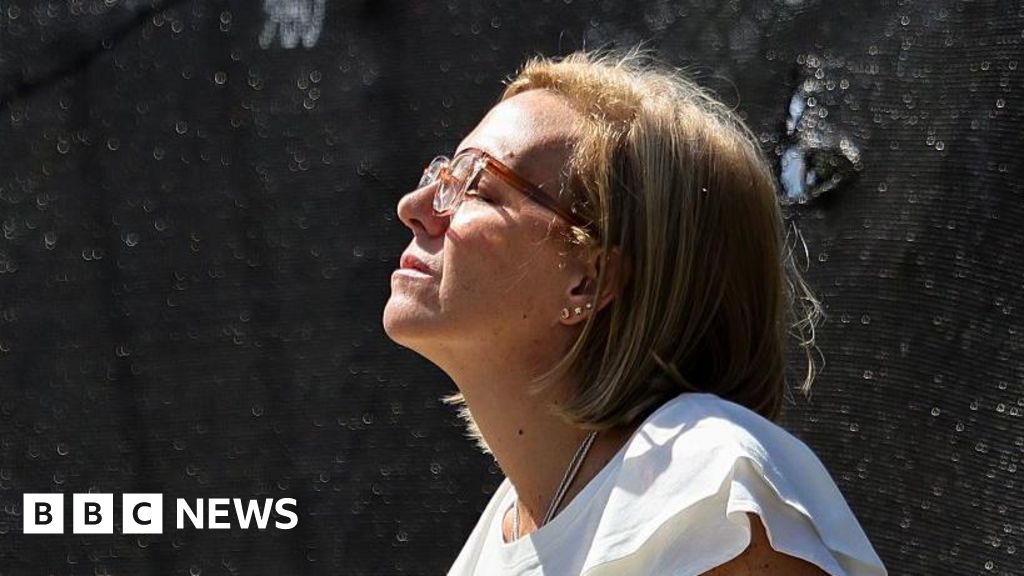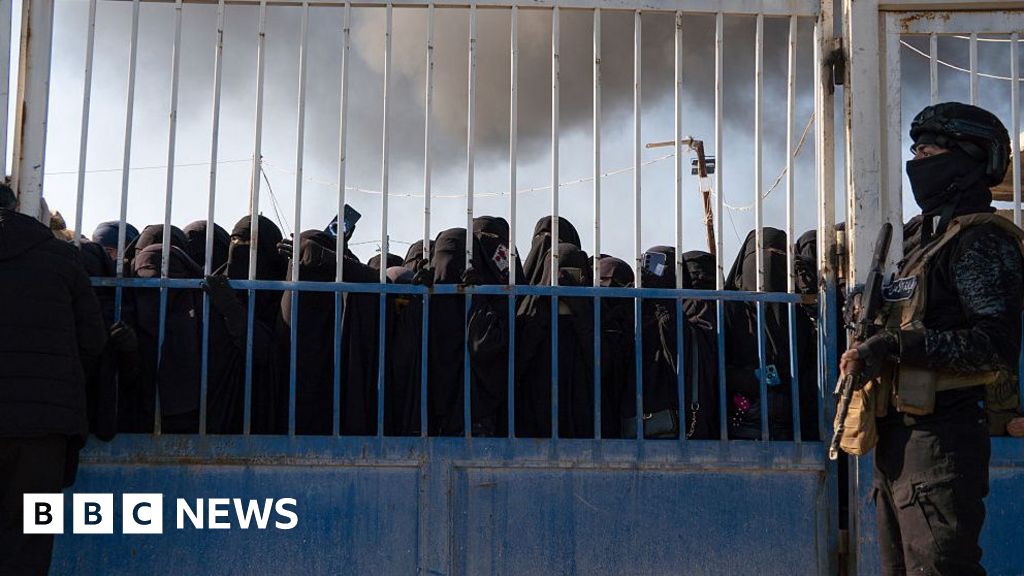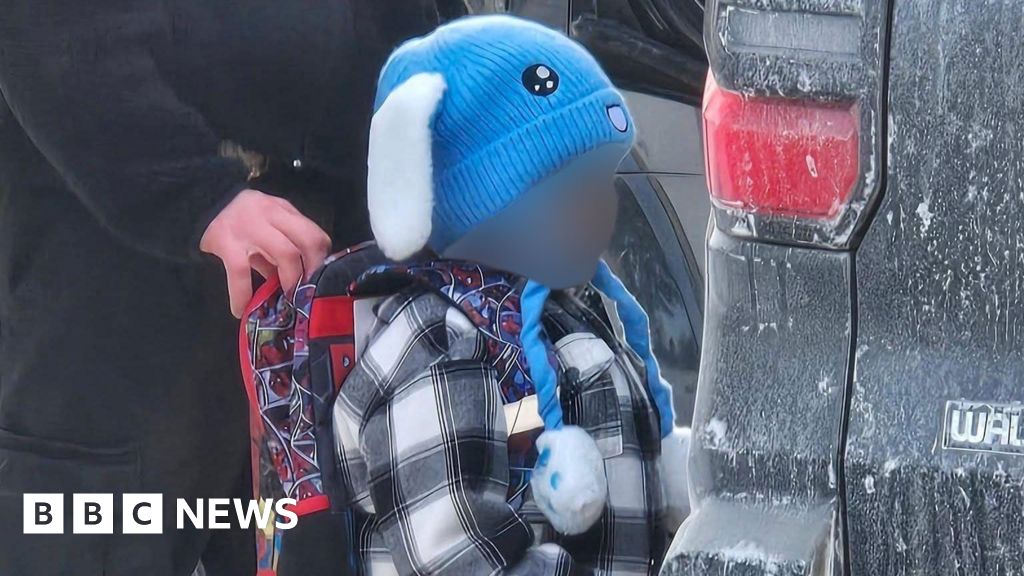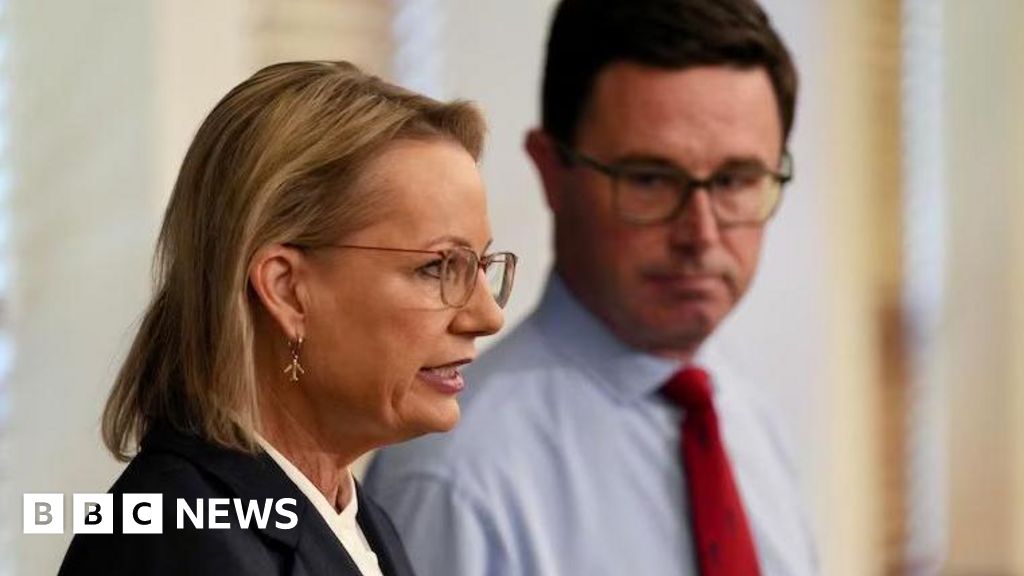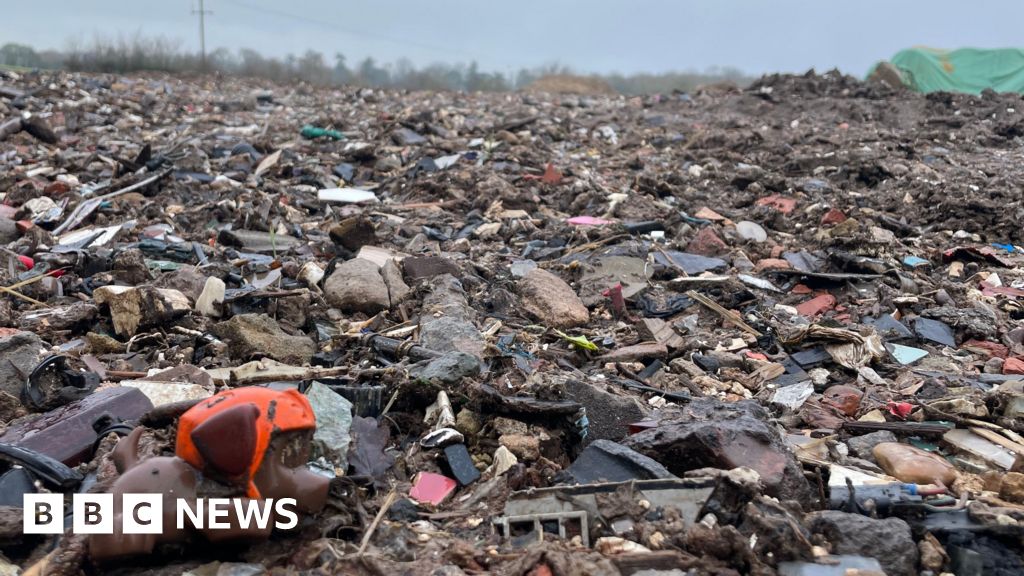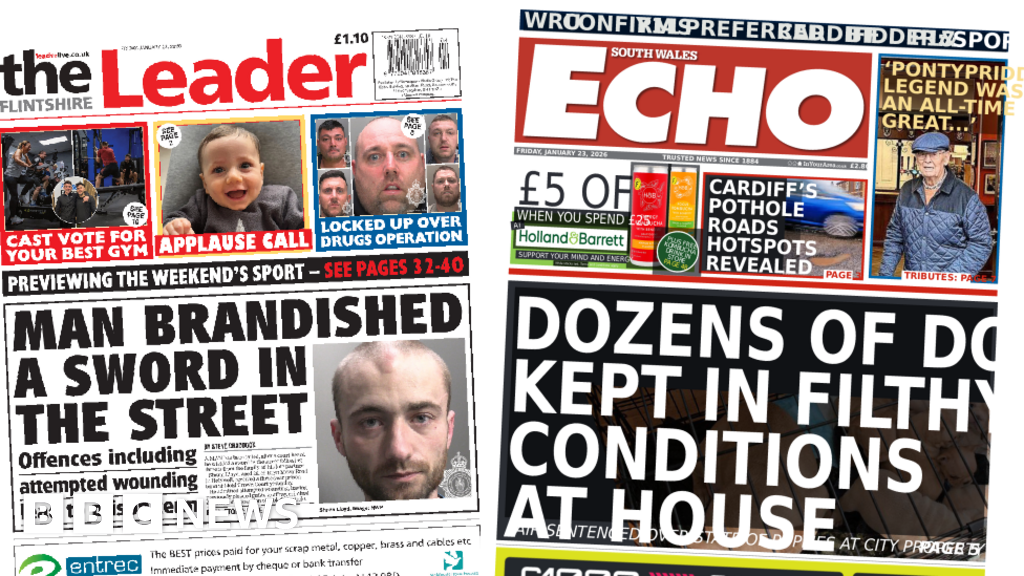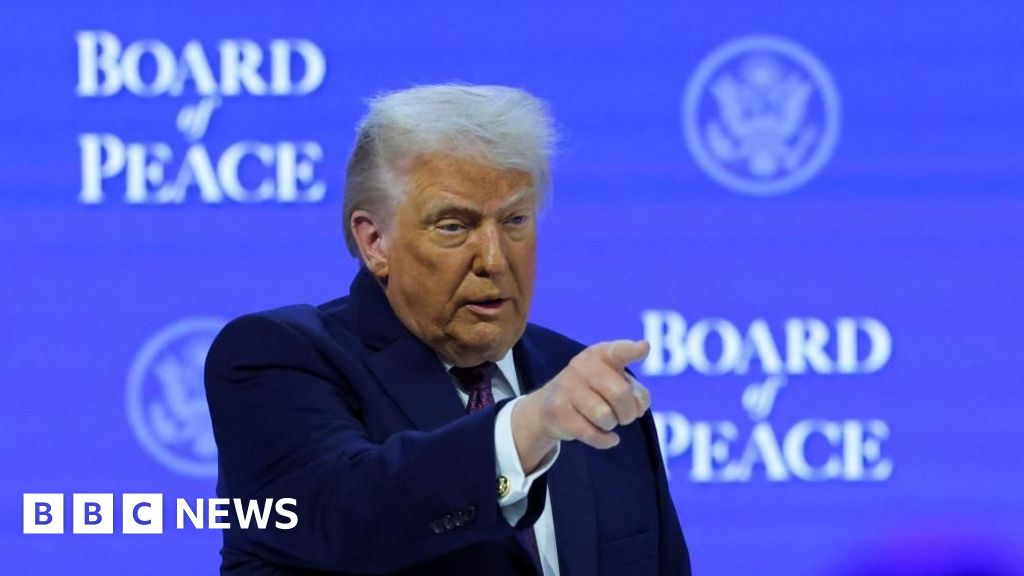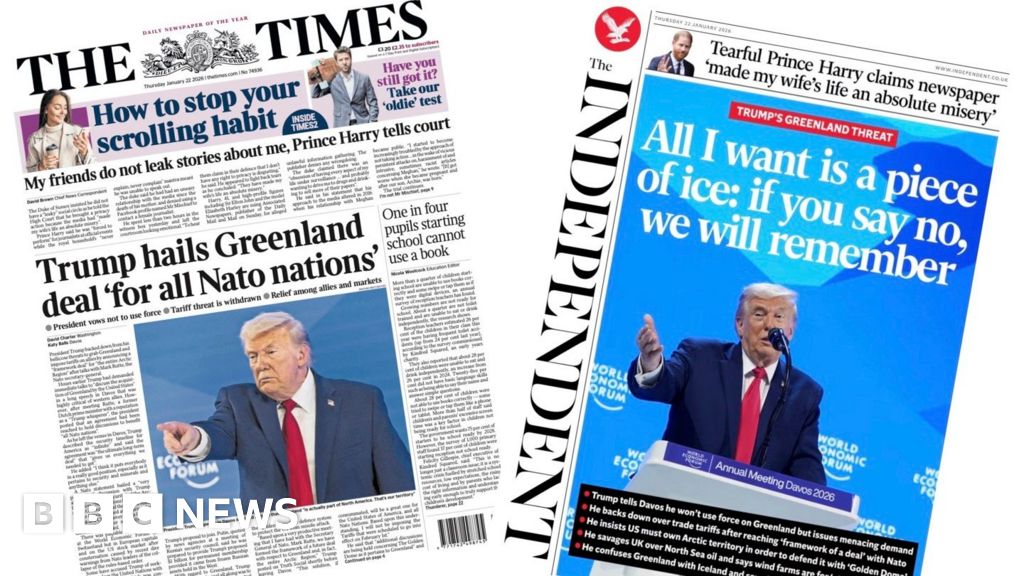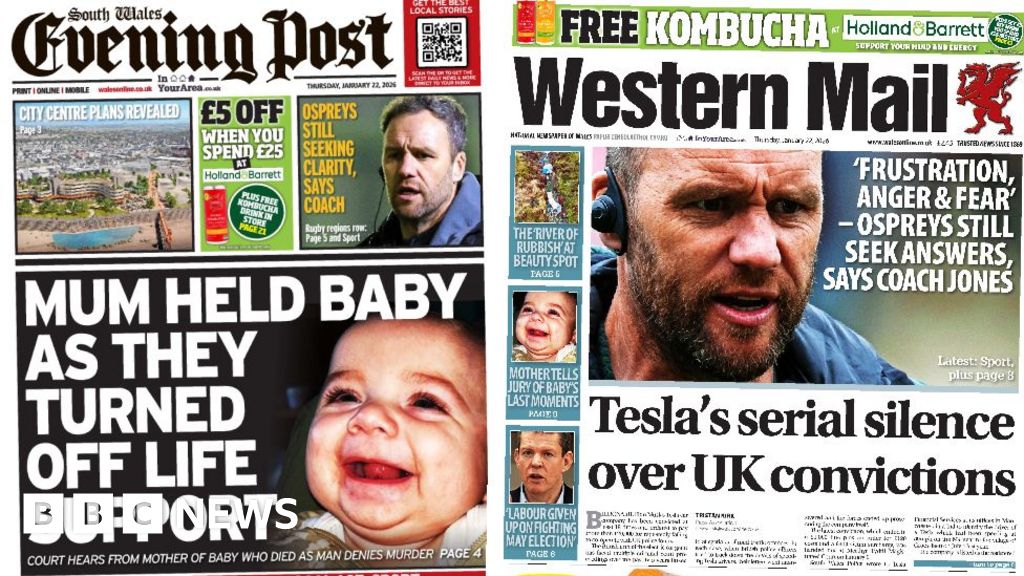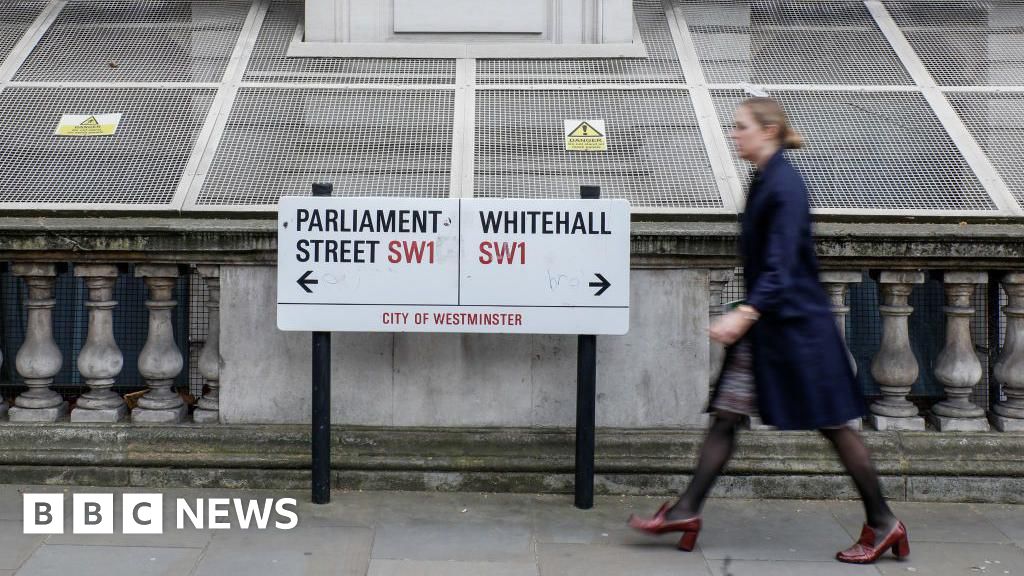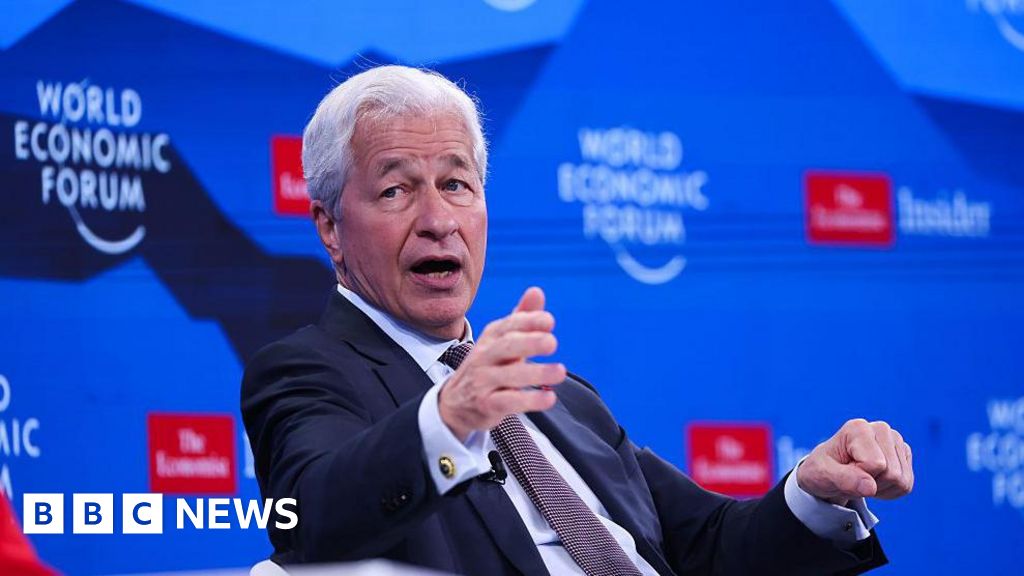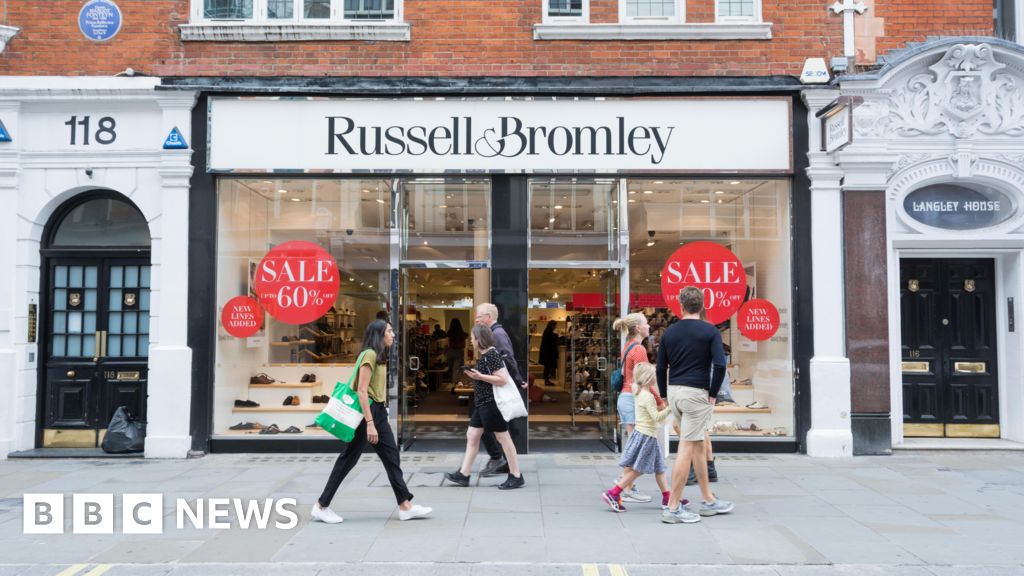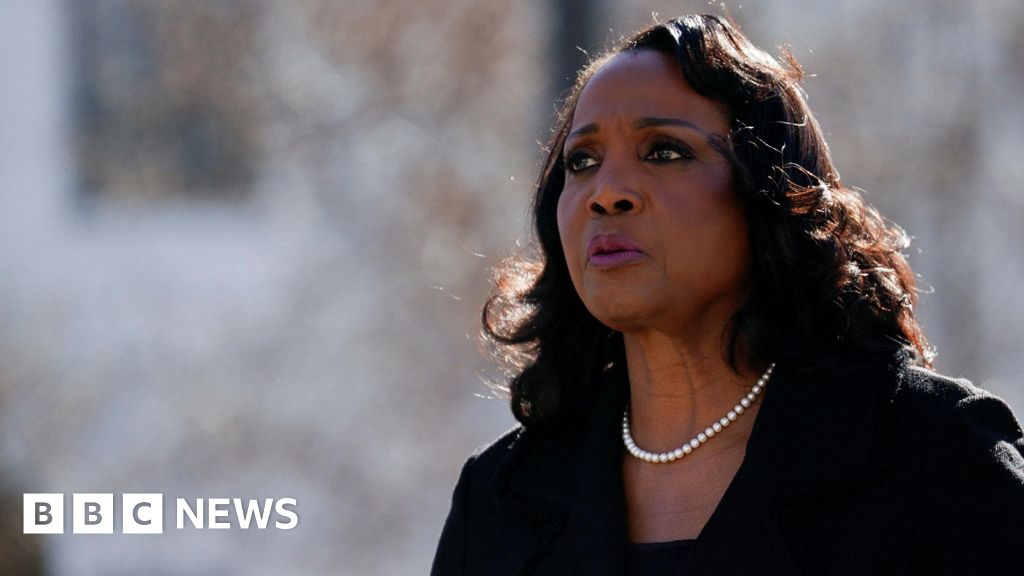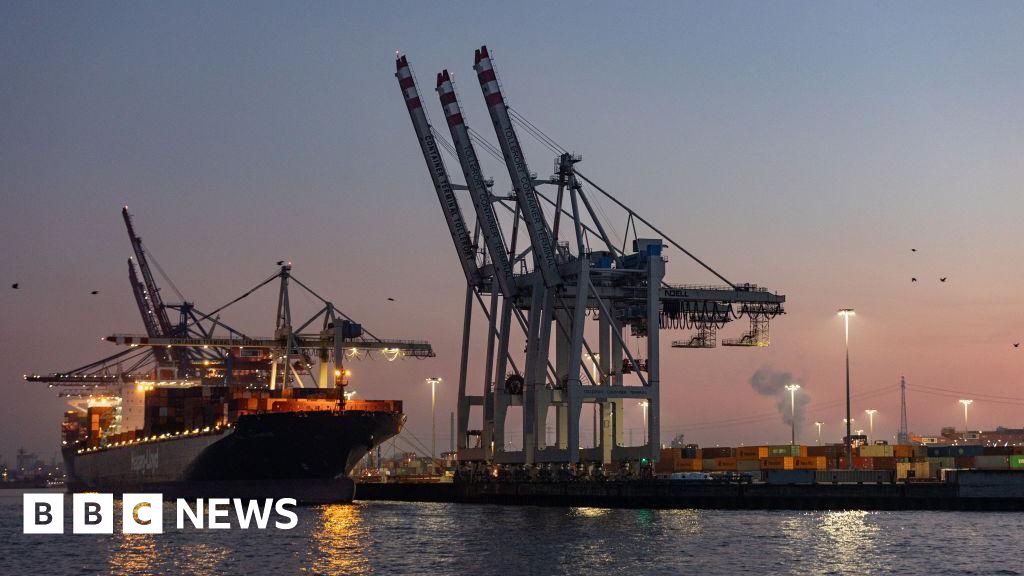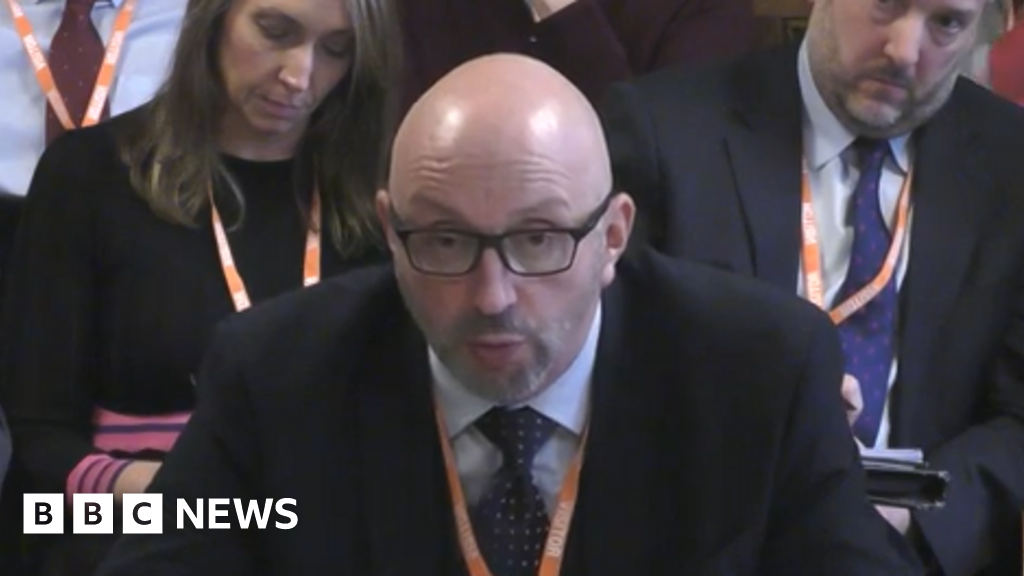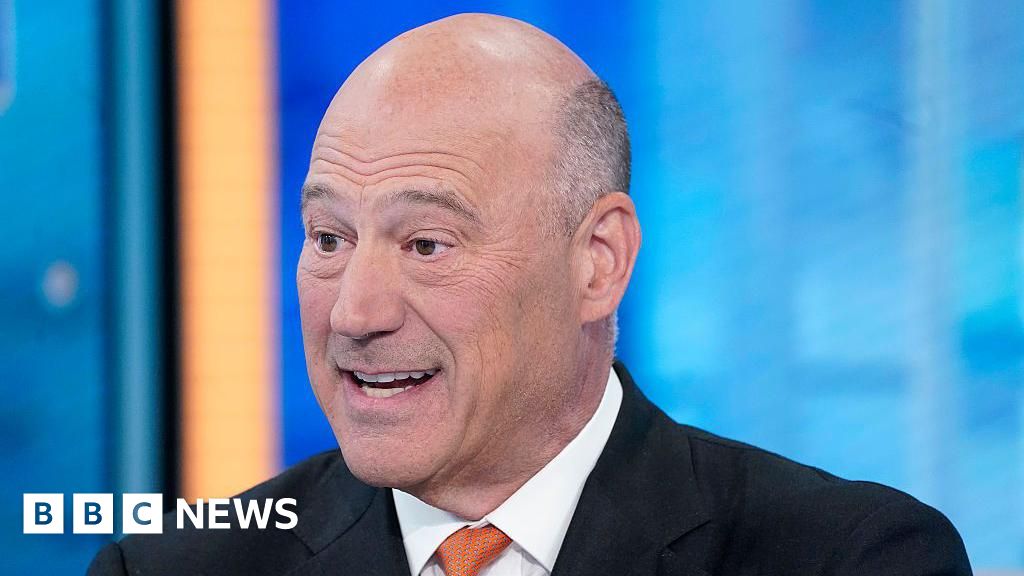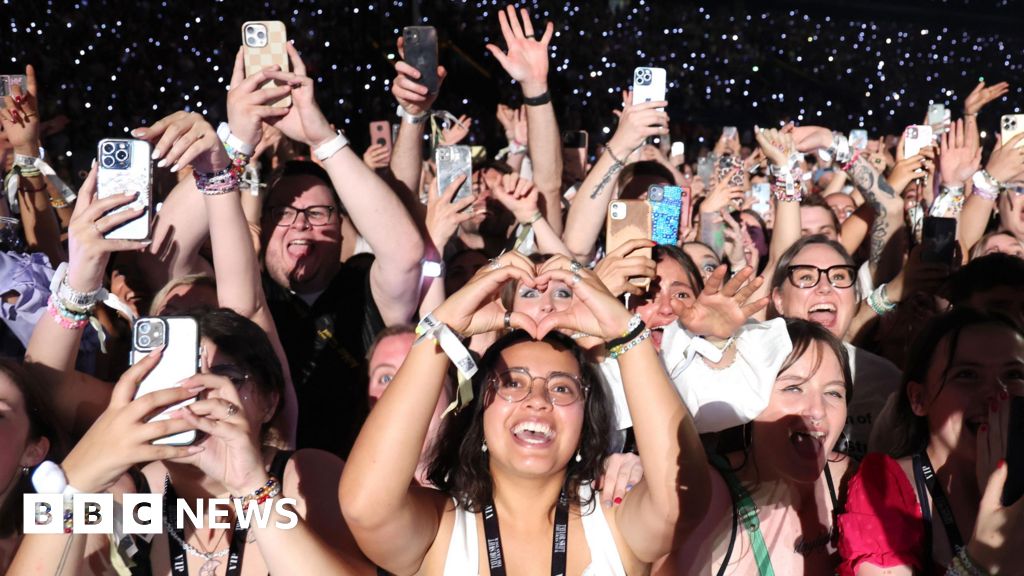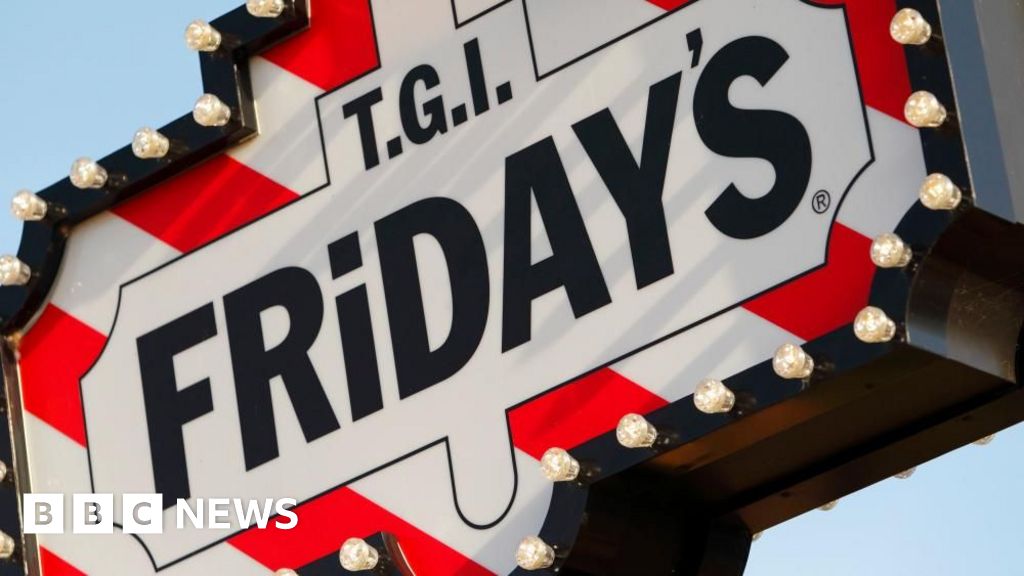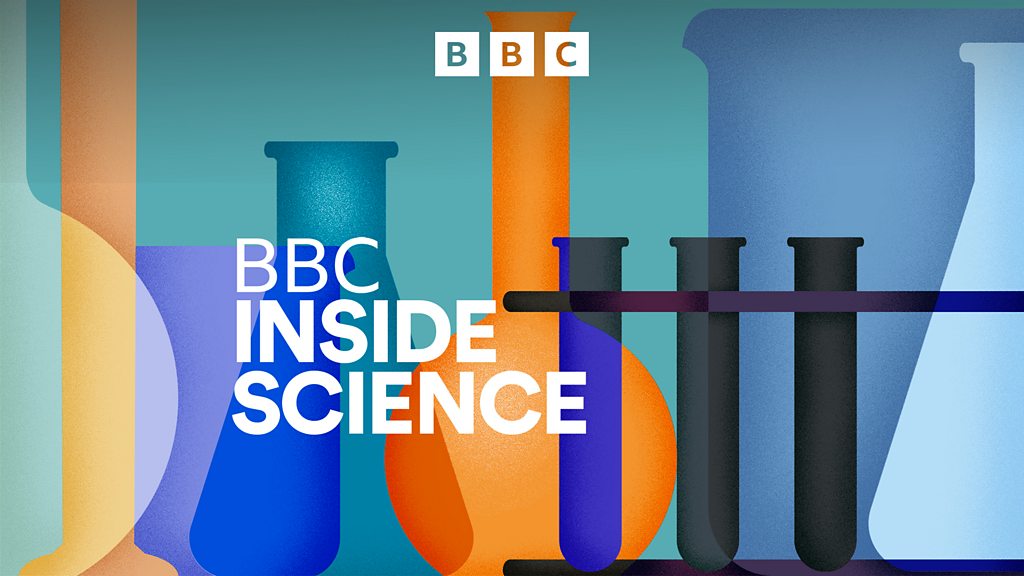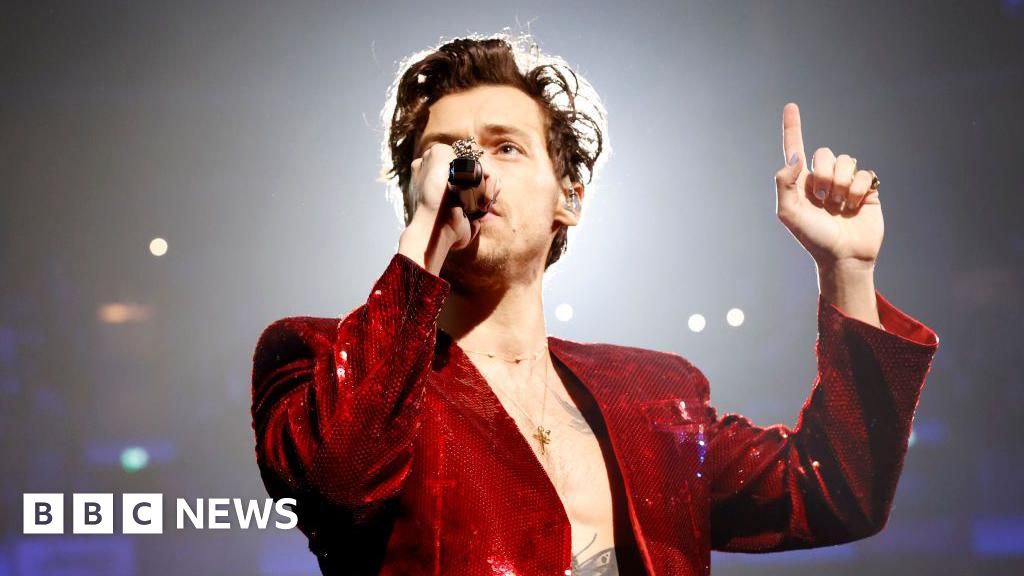“Live Nation controls the live entertainment industry in the United States because it is breaking the law,” he said at a press conference announcing the lawsuit.
“It is time to break it up,” he added.
Live Nation said the lawsuit reflected political pressures and a White House that had turned over competition enforcement “to a populist urge that simply rejects how antitrust law works”.
“Some call this “Anti-Monopoly”, but in reality it is just anti-business,” it said.
It said its share of the market had been shrinking and its profit margin of 1.4% was the “opposite of monopoly power”.
The lawsuit “won’t solve the issues fans care about relating to ticket prices, service fees, and access to in-demand shows,” the company said.
“We will defend against these baseless allegations, use this opportunity to shed light on the industry, and continue to push for reforms that truly protect consumers and artists.”
Live Nation Entertainment was created by the merger in 2010 of US-based events promoter Live Nation and ticket sales and distribution company Ticketmaster.
Under the Obama administration, the US approved the deal despite concerns that it would create a giant capable of dominating the live entertainment industry.
But the company has faced years of criticism from fans, lawmakers, artists and competitors that it wielded too much influence over live entertainment events in the US and around the world.
In 2022, website failures that many Taylor Swift fans encountered when they tried to buy tickets for her US tour, focused attention on the issue.
John Breyault of the National Consumers League, who has been calling for action over Ticketmaster and Live Nation for years, said regulators had made a “bad bet” in 2010 and the lawsuit was long overdue.
He said it was “unknowable” if a break-up of the company would help reduce prices for the public.
But he said he would expect to see more choice of ticketing services, and a less frustrating process for people trying to buy in-demand shows if the government is successful in court.
“Anybody who tried to go buy tickets to go see Taylor Swift can tell you that the experience is pretty terrible,” he said.
Now, he said, “consumers have nowhere else to go so there’s no downside for the company. I think that will change if this lawsuit is successful,” he said.




